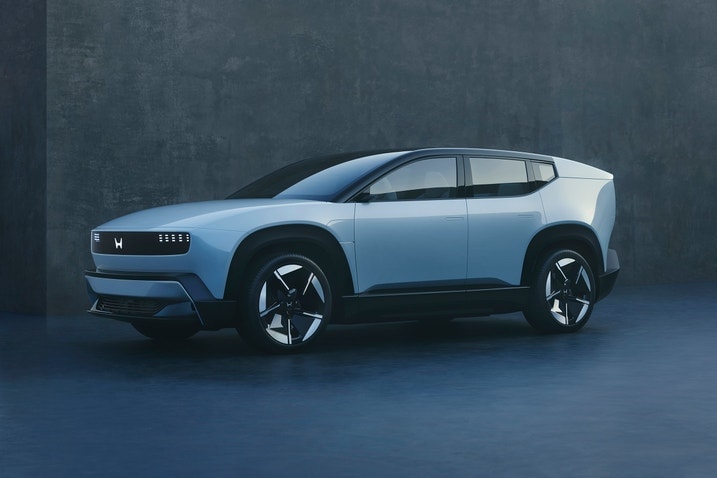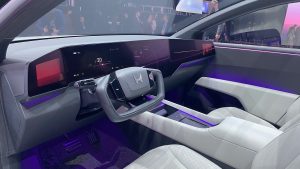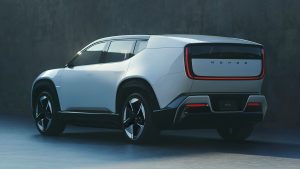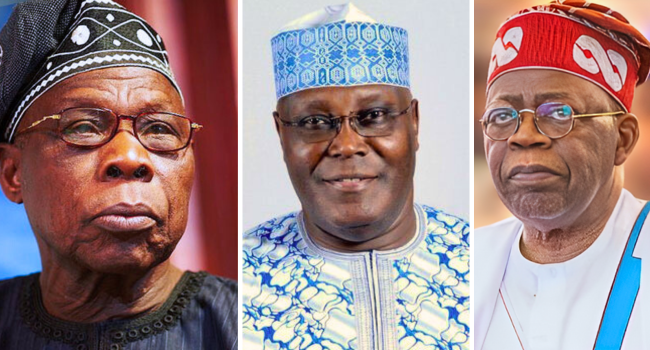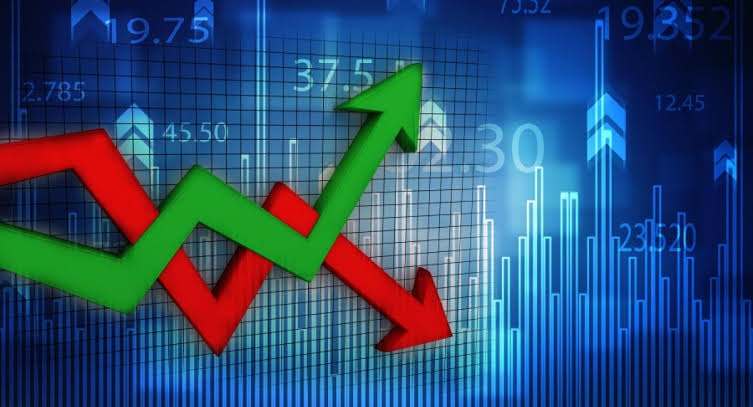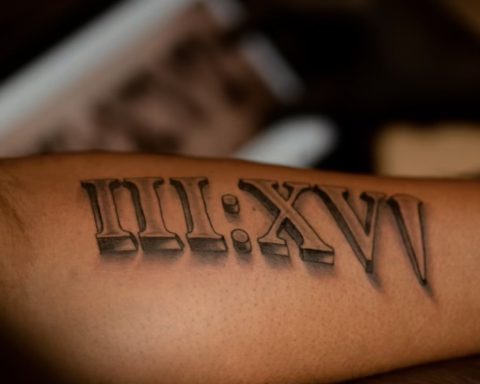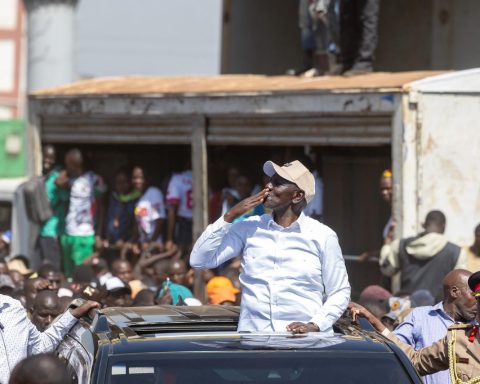The global race to replace petrol engines with battery power is no longer about if but how quickly.
Into this increasingly competitive market, Honda long known for reliable sedans and family SUVs is finally stepping in with a measured but ambitious electric strategy. The company’s first major all-electric model, the Honda Prologue, has already reached U.S. dealerships and signals the beginning of Honda’s wider EV rollout.
Join our WhatsApp ChannelHonda Prologue Launch and Global Timeline
Honda has not yet confirmed a release date for Africa, but industry analysts say official imports to Nigeria and other African markets could follow within the next two years if import policies and charging infrastructure advance in time. Beyond the Prologue, Honda plans to launch its futuristic 0-Series line including the Saloon and 0 SUV concepts between 2026 and 2027. The company has pledged to introduce 30 EV models worldwide by 2030, underscoring a long-term commitment to electrification.
Why Honda Evs Matter for Nigerian Drivers
For Nigerian motorists, the question is not simply whether Honda can build an electric car, but whether it can build one that fits local realities: scarce public chargers, unreliable power supply and high import duties.
“We developed Prologue to be future-proof in terms of performance, comfort and utility, but above all reliable in everyday use,” says Rick Schostek, Executive Vice President of Honda America. Reliability and an established global service network may help reduce ownership anxiety in markets where EV maintenance remains uncharted territory.
Honda Prologue Range, Charging and Technology
Rather than chasing record-breaking speed or range, Honda is focusing on balanced performance:
- Range: U.S. Environmental Protection Agency (EPA) estimates place the Prologue at 273 to 296 miles (around 430–480 km) per charge pcompetitive with mid-range Teslas and Ford’s Mach-E.
- Charging: DC fast-charging capability of about 150 kW can add significant range in roughly 30 minutes on compatible chargers.
- Platform: Built on General Motors’ Ultium battery system, which gives Honda access to proven battery technology instead of an untested in-house design.
Pricing and Ownership Costs
The Prologue starts at roughly $47,400 in the United States, slightly below the Tesla Model Y and close to the Ford Mustang Mach-E and Hyundai Ioniq 5. Nigerian pricing will depend on tariffs, VAT and shipping, which could significantly raise costs. Nigeria’s EV tariff policy is still evolving, so buyers should secure a landed-cost estimate from authorized importers before committing.
Running costs, however, may prove attractive. Electric motors require fewer moving parts than petrol engines, eliminating oil changes and reducing routine service costs. Where electricity is stable and reasonably priced, cost per kilometre can undercut petrol though Nigerian buyers must factor in power tariffs and potential backup power solutions.
READ ALSO: How Lawmakers Spend Billions On Exotic Cars As Nigerians Battle Hunger
Tesla’s Long-awaited Cybertruck Arrives: In-depth Analysis
Honda vs Tesla, Ford and Hyundai
- Tesla continues to lead in range and charging speed but carries a higher price tag and limited service support in Africa.
- Ford Mustang Mach-E matches Honda on price but has drawn mixed reviews for ride quality.
- Hyundai Ioniq 5 offers futuristic styling and ultra-fast charging, but its after-sales networks remain thin in Africa.
- Toyota is moving more cautiously, focusing on hybrids and gradual EV adoption.
“Honda’s approach is value over spectacle,” an EV industry observer told MotorTrend. “Tesla wins headlines, but many drivers want predictability and easy service more than extreme performance.”
Key Considerations Before Buying a Honda EV
Potential buyers should carefully weigh:
- Charging Access: Public fast-charging stations remain scarce in Nigeria.
- Battery Warranty: U.S. coverage is eight years, but African terms are not yet confirmed.
- Total Cost of Ownership: Duties, electricity rates and backup power needs can offset fuel savings.
- Resale Value: Honda’s brand strength suggests stronger resale prospects than many start-ups, though EV resale markets in Nigeria remain untested.
The Bigger Picture for Nigeria and Africa
Honda’s cautious but deliberate EV rollout signals a tipping point. If a conservative brand known for steady engineering is betting on battery power, the electric market is no longer experimental. For Nigeria, this raises urgent policy questions: how quickly can the country build charging networks, stabilize electricity supply, and adjust tariffs to make Evs practical for everyday drivers?
The Honda Prologue may not have the flash of a Tesla Cybertruck or the breakneck speed of a Porsche Taycan, but its arrival shows that mainstream Evs are no longer a distant concept. For drivers, regulators and energy planners, the message is clear: the era of electric mobility is coming ready or not.
Amanze Chinonye is a Staff Correspondent at Prime Business Africa, a rising star in the literary world, weaving captivating stories that transport readers to the vibrant landscapes of Nigeria and the rest of Africa. With a unique voice that blends with the newspaper's tradition and style, Chinonye's writing is a masterful exploration of the human condition, delving into themes of identity, culture, and social justice. Through her words, Chinonye paints vivid portraits of everyday African life, from the bustling markets of Nigeria's Lagos to the quiet villages of South Africa's countryside . With a keen eye for detail and a deep understanding of the complexities of Nigerian society, Chinonye's writing is both a testament to the country's rich cultural heritage and a powerful call to action for a brighter future. As a writer, Chinonye is a true storyteller, using her dexterity to educate, inspire, and uplift readers around the world.


